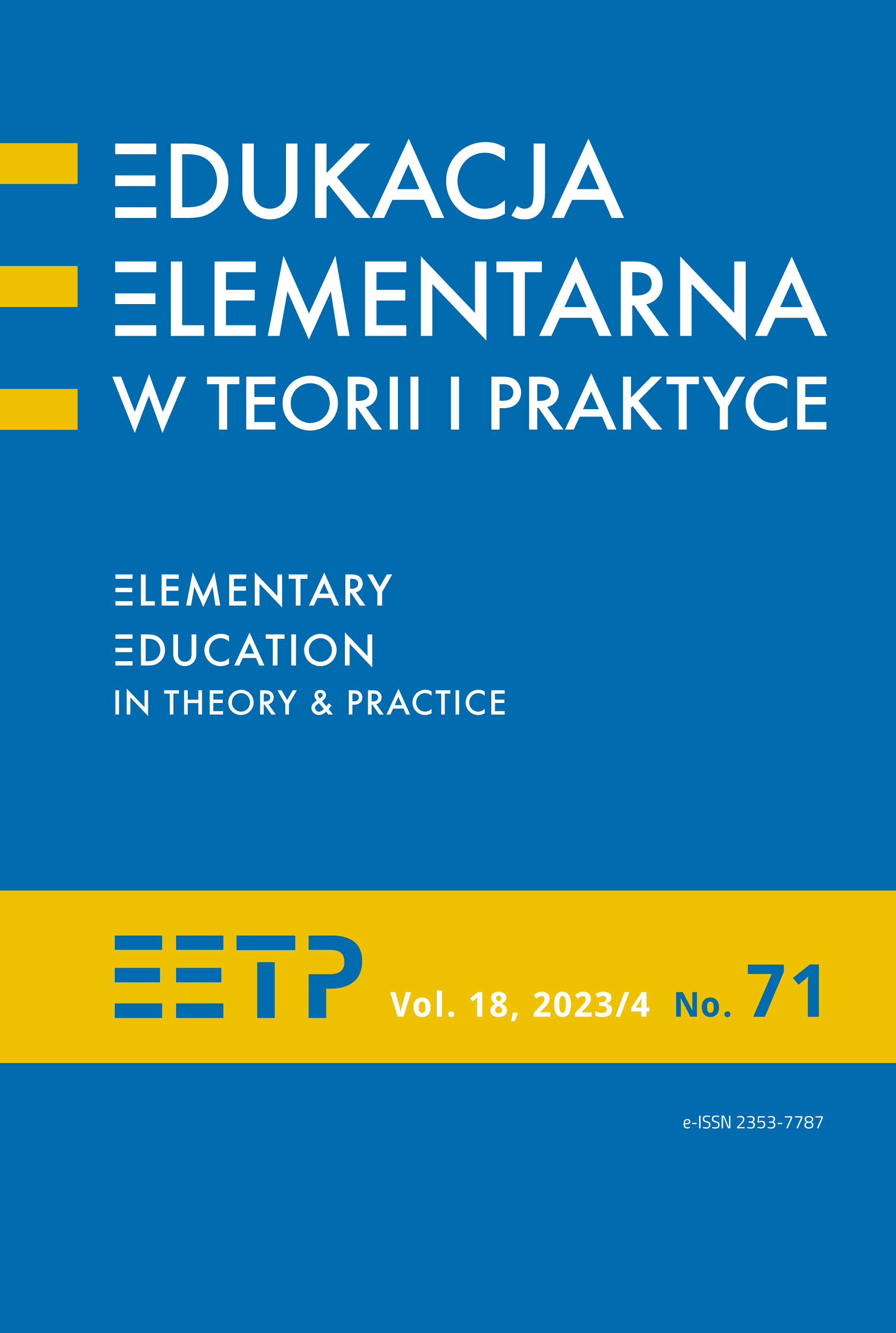Wychowanie „dzieci trudnych” w koncepcji Jana Kuchty
Upbringing of “Difficult Children” in the Concept of Jan Kuchta
Author(s): Andrzej GrudzińskiSubject(s): Social history, Family and social welfare, Interwar Period (1920 - 1939), Sociology of Education, Pedagogy
Published by: Uniwersytet Ignatianum w Krakowie
Keywords: Jan Kuchta; upbringing; difficult children; delinquent children; playing truant; teacher; school; family;
Summary/Abstract: The purpose of this article is to present the views of Jan Kuchta, a teacher of the interwar period, on the upbringing of difficult children, i. e. the ones who are defiant and play truant. The pre- sented content is a part of the research area within the history of upbringing and historical pedeutology. The analysis and interpreta- tion of Kuchta’s pedagogical publications was carried out with the help of historical-pedagogical research methodology. In addition to an outline of Kuchta’s scientific biography, the article presents his un- derstanding of the concept of “difficult children”, as well as the char- acteristics of daring children and those who play truant. The author in question paid much attention to the analysis of the behavior of defiant children, creating on its basis suggestions for educational in- terventions at school. In the case of children who play truant, on the other hand, it was important for Kuchta to learn about the causes of such behaviour. Only on this basis did he propose specific education- al measures the effectiveness of which was to be determined primarily by the subjective treatment of children by educators and teachers and the creation of a friendly educational atmosphere. The postulated end result of the upbringing of difficult children was to bring them back to life in society and prepare them to be guided in their behavior by general human, national, state and religious values.
Journal: Edukacja Elementarna w Teorii i Praktyce
- Issue Year: 18/2023
- Issue No: 4 (71)
- Page Range: 163-174
- Page Count: 12
- Language: Polish

